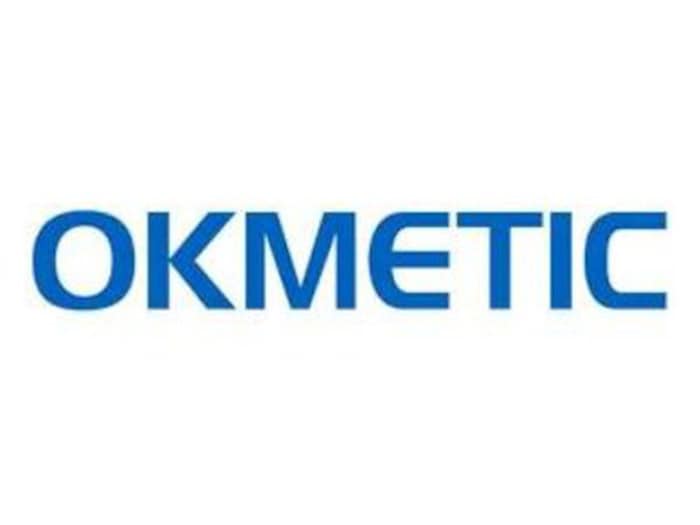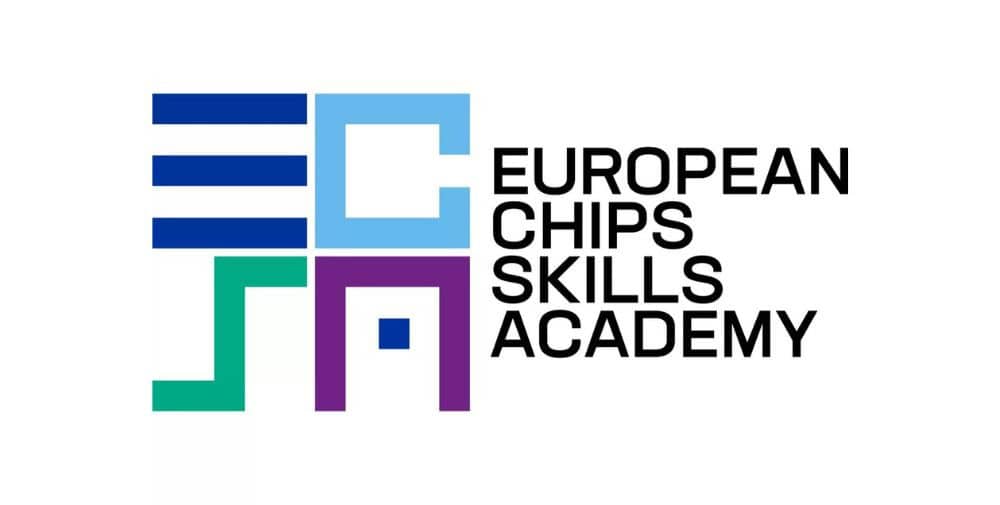
As part of the Skills Pact, the European Chips Skills Academy (ECSA) project responds to the educational challenges in the microelectronics sector across the EU. The aim is to alleviate labor shortages by creating a solid platform for dialogue, strategic planning and decisive action in the areas of skills development, skills expectation, upskilling and reskilling of the workforce. The project is coordinated by the industry association SEMI Europe and involves 18 partners from 13 different EU countries.
Okmetic is an active player in the development of the Finnish and European semiconductor industry
The Finnish semiconductor industry, and therefore Okmetic, is facing the same challenges of skills shortages as Europe. Our main goal in participating in this project is to share best practices for developing semiconductor talent that meets the needs of the industry. We also want to help expand the digital academy to a larger number of students in the EU and build a long-term community of industry and universities for microelectronics. Okmetic is the only Finnish representative in the project and, as part of the Finnish Semiconductor Branch Group at Technology Industries of Finland, will implement the project results to support the Finnish semiconductor industry as well.
What is ECSA (European Chip Skills Academy)?
ECSA is a dynamic and future-oriented project supported by the European Union through the Erasmus+ program. As part of the Alliances for Sectoral Cooperation on Skills, the ECSA consortium has a strategic four-year mission to address the pressing challenges of the microelectronics industry on the road to digital transformation in Europe.
The goal of ECSA is ambitious yet simple: to bridge the gap between education and industry and promote innovative programs that address this challenge. The project aims to foster innovation and strengthen the overall resilience of the microelectronics sector in Europe. In our ambition to make a lasting impact, we want to build a world-class alliance that can last beyond the lifetime of the project to continue turning challenges into opportunities for growth and success.
ECSA is determined to make a significant contribution to the European Union’s goals for a seamless digital transition because, let’s face it, there is no digitalization without chips!
Why a European Chips Skills Academy?
The ECS Academy is closely aligned with the latest policy developments and objectives in Europe and, with partners from across Europe, is well placed to respond to the dynamic needs on the continent.
On the one hand, the EU is heading towards an era of digital transformation, characterized by ambitious long-term goals and a vision of a more prosperous and resilient Europe. At the same time, official EU policy documents, industry reports and technical market analyses point to a worrying trend in the microelectronics industry. The sector is struggling to find skilled labor both in Europe and globally, leading to a global “talent war” as trained professionals needed for this innovative and expanding sector are sought in all parts of the world.
The increasing demand for engineers and technicians is evident as the number of vacancies multiplies, aided in part by continued technological advancements. To successfully navigate this landscape, continuous training (and retraining!) in areas such as research and development, design, manufacturing, artificial intelligence (AI) ethics, cybersecurity and energy efficiency is crucial.
Aware of these challenges, the EU Commission has launched a number of initiatives, most notably the “Pact for Microelectronics Skills” (2020) and the “EU Chip Act” (2023), to strengthen the microelectronics ecosystem in Europe.
This is exactly where the European Chips Skills Academy comes in!
Main objectives and specific targets
The ECS Academy provides a hard data-driven skills forecast that will then feed into upskilling, reskilling and adaptation initiatives. But that’s not all – ECSA will also bring together for the first time a wide range of key players in the microelectronics ecosystem.
ECSA aims to become the one-stop shop for everything to do with skills in the world of chips, shaping the future of education in electronics and microelectronics and opening up new opportunities for collaboration between educational institutions at all levels (secondary schools, vocational training institutions and universities) and industry leaders.
In detail, the consortium has identified three different main objectives:
- Developing innovative strategic approaches and collaborations between education and industry in the field of microelectronics for concrete skills development to implement the EU Skills Agenda for Sustainable Competitiveness, Social Fairness and Resilience and the operational implementation of the Pact for Skills in Microelectronics
- Bridging the gap between VET, higher education and industry with regard to the emerging occupational profiles and new skills required in microelectronics
- Operationalization of the relevant EU instruments (EQF, ESCO, Europass, EQAVET) and competence frameworks (DigComp, EntreComp, GreenComp) in the context of microelectronics education and work.
Partners
- SEMI Europe
- Technical University of Dresden (TUD)
- Technical University of Graz (TU Graz)
- University of Technology and Economics Budapest (BME). of Technology and Economics Budapest (BME)
- Technical University of Ostrava (VSB)
- Innovazione Apprendimento Lavoro Friuli Venezia Giulia (IAL-FVG)
- National Association of Centers with Professional Degrees (ANCCP)
- Interuniversity Microelectronics Center (IMEC)
- National TyndallInstitute (Tyndall)
- Infineon Technologies Österreich AG (Infineon)
- Melexis
- Okmetic
- Silicon Saxony
- Knolyx
- DECISION
- Information Center for Academic Mobility and Equivalence (CIMEA)
- Platform Talent voor Technologie (PTVT)
– – – – –
Further links
👉 www.okmetic.com
Logo: ECSA




